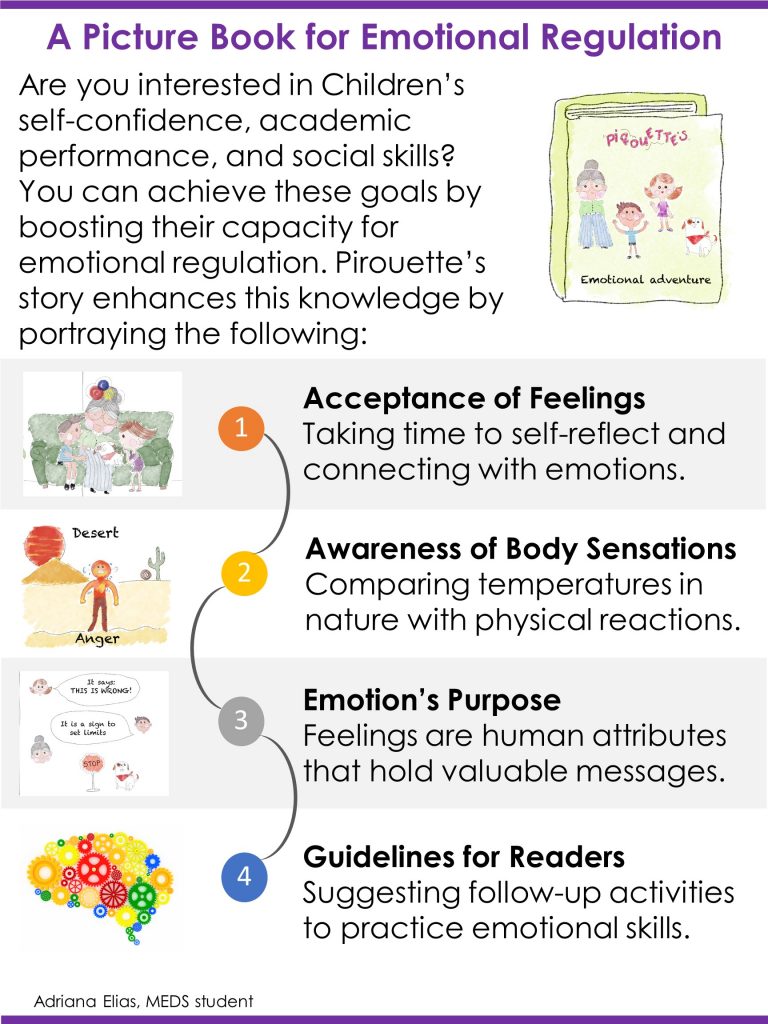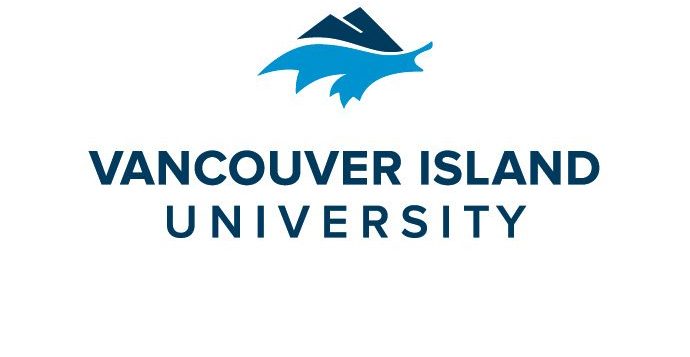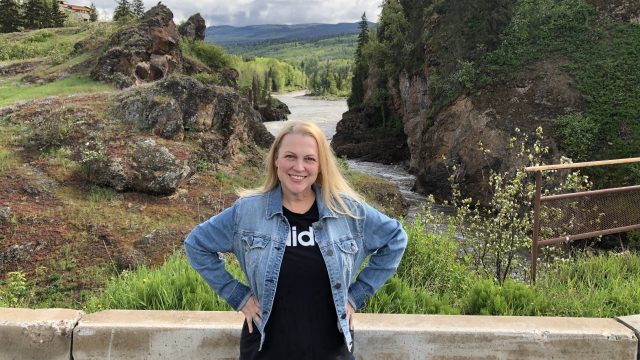Adriana Elias, MEDS student
The video below presents a picture book for emotional regulation. This picture book is written in Spanish and has English audio. Besides, the infographic summarizes the main concepts depicted in the story. Through this applied project, I developed this story to reinforce emotional skills like identifying feelings and communicating them. Whit this learning tool, readers can practice acceptance and understanding of feelings using curiosity and kindness. Emotional abilities can reinforce other skills, like boosting self-confidence, improving performance, developing decision-making skills, supporting independence, and enhancing sociability. The earlier we start this learning process, the better children can master these abilities and improve wellness.

References:
- Domitrovich, C., Durlak, J. A., Stanley K. C., & Weisberg, R. P. (2017). Social-Emotional competence: An essential factor for promoting positive adjustment and reducing risk in school children. Child Development, 88(2). https:/doi.org/408-416. 10.1111/cdev.12739
Cambridge University Press (2021). What is dialogic reading? https://www.cambridge.org/elt/blog/2019/04/18/dialogic-reading/ - Breugelmans, S., Ambadar, Z., Vaca, J., Poortinga, Y., Setiandi, B., Widiyanto, P., & Philipot, P. (2005). Body sensations associated with emotions in Raramuri Indians, rural Javanese, and three student samples. American Psychology Association, 5(2), 166-174. https://doi.org/ 10.1037/1528-3542.5.2.166
- Goleman, D. (1995). Emotional intelligence. Bantam Books.
- Nummenmaa, L., Glerean, E., Hari, R., & Hietanen, J. (2013). Bodily maps of emotions. Proceedings of the National Academy of Sciences of the United States of America PNAS, 111(2), 646-651. https://www.pnas.org/content/111/2/646
- Llenas, A. (2012). The color Monster. Flamboyant.

